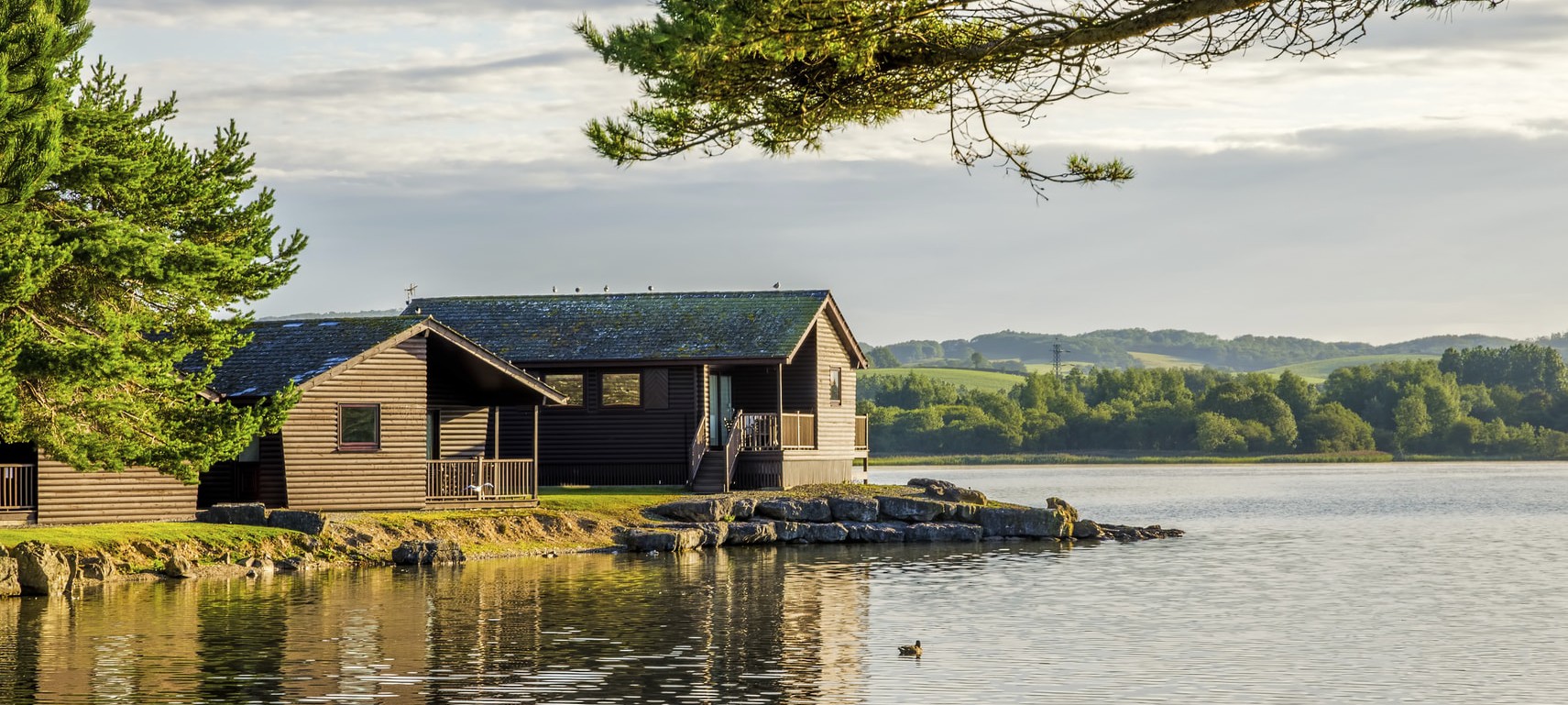
Vacation homes have a few specific needs that most homes don’t have when it comes to insurance coverage. Because they sit empty for long periods of time, many insurance companies offer limited coverage on these homes. Failing to get the right coverage could find you having a few regrets if there is ever a situation in which you need to file a claim. These are some of the limitations you might experience with your vacation home.
Factors that Affect Vacation Home Costs
According to the Insurance Information Institute there are certain things that can have a profound impact on the costs of insuring vacation homes. These things include:
Location of the Home
Insurance costs almost always come down to location, but when it comes to largely vacant vacation homes the location takes on new importance. For instance, homes in the mountains are more susceptible to wildfire damage while those along the shore may be greater risks for storm surge or wind damage related to hurricanes.
Property Type
For those who have condominium units, the news is good. Your insurance costs may be lower because there is safety in numbers, meaning eyes all around, and most condo associations maintain and monitor the property for signs of trouble even when units are vacant.
Hunting lodges and cabins in the woods may cost more because they are often located in isolated areas with few neighbors looking after the property when vacant. This means things like fires, broken pipes, vandals, and fallen trees may cause a greater amount of damage before the event is discovered – leading to bigger risks for insurance companies.
Exterior Structures
Things like swimming pools, trampolines, hot tubs, and other exterior structures can create liability risks that will result in higher premiums or possible exclusions. Make sure you’re aware of these things and insure accordingly.
Considerations When Purchasing Insurance for Vacation Homes
Getting insurance for your vacation home should be a definite priority. When you’re discussing your insurance needs, keep the following things in mind so that you don’t face a nasty surprise down the road.
Limitations
These will vary from one company to the next. You want to make sure things like vandalism or wildfires and other coverages typically covered by a home insurance policy are covered by your policy.
Exclusions
Some companies specifically exclude certain events from coverage, like vandalism and wildfire damage. Make sure these things are covered or that you purchase the proper rider policy to have them covered.
Also, flood insurance is almost universally excluded from coverage. You’ll want to purchase flood insurance through the National Flood Insurance Program (NFIP) and you should purchase it when you purchase your vacation home as it has a 30-day waiting period unless you are buying or refinancing the home.
Other considerations include the contents of your home, liability protections, and property outbuildings. These things all need coverage and will have different options available to you with different insurance providers. Working with a trustworthy independent insurance agent will help you avoid many of the common pitfalls people encounter with vacation home insurance.